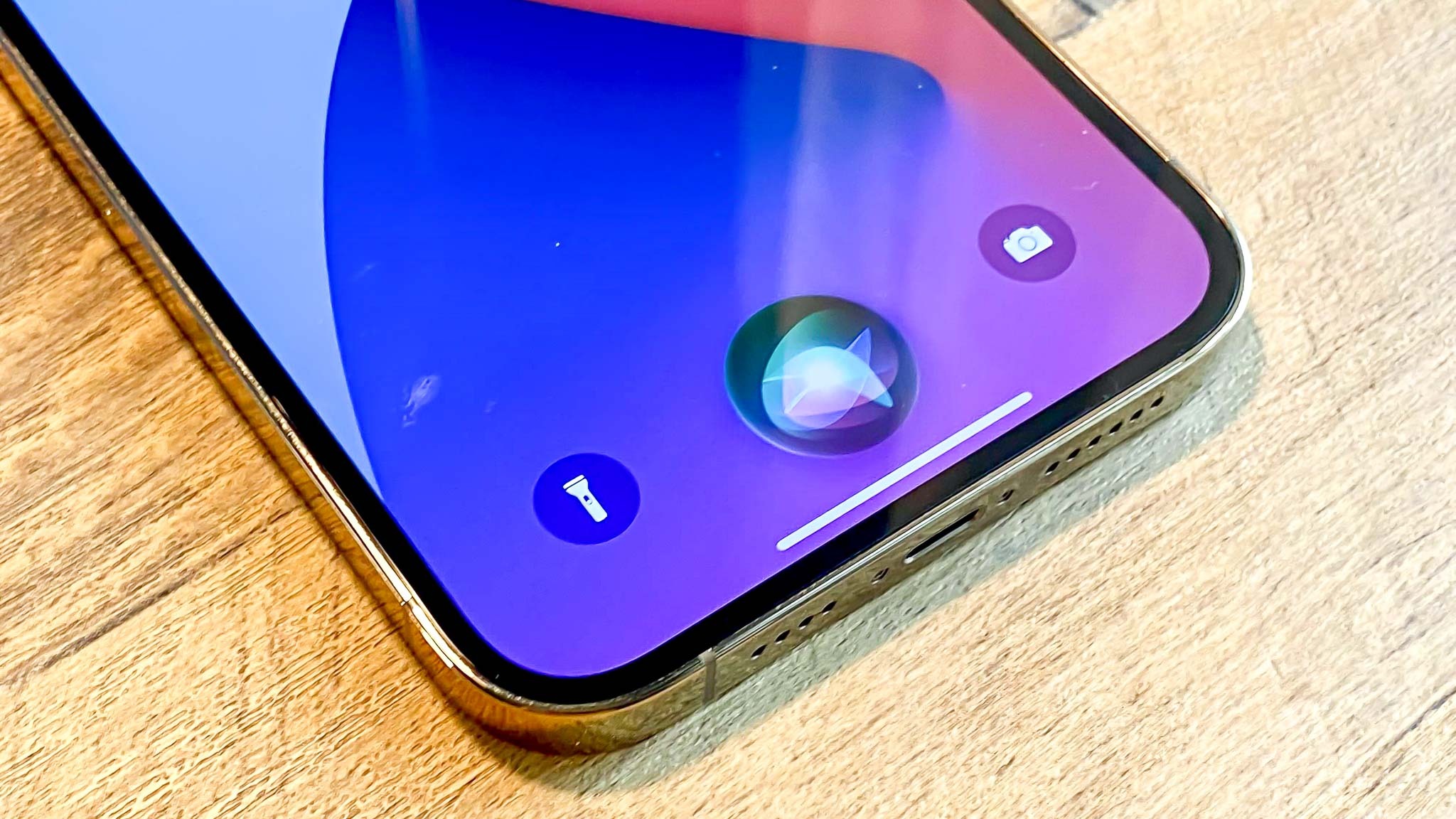After the iPhone 17 launch, it almost feels as though Apple has forgotten about AI. The conference was missing any serious mention of AI. While iOS 26 is set to add some upgraded AI features to all phones running Apple Intelligence, there’s nothing unique or special coming to iPhone 17. And that’s a really serious problem for Apple.
Earlier this year, I wrote that WWDC 2025 would be a break for Apple Intelligence, because it was Apple’s chance to show it was serious about AI. As it turned out, the switch to iOS 26 does come with a bunch of AI-powered features, though they are primarily upgrades to stuff we have already — like writing tools or translation.
Apple is falling behind, and it’s absolutely no surprise that users are turning to different AI apps to help fill that void. To the point where Google Gemini is now top of the App Store.
Apple still hasn’t delivered all the promised AI features from last year
The elephant in the room is that Apple would have a hard time announcing new features because it still hasn’t delivered all the promised features from last year. The fact that Siri’s AI upgrade still had to be delayed by so much is a stain on Apple’s record.
The update was supposed to add some AI smarts to Apple’s voice assistant, letting it work across different apps and better understand context during conversations. However, behind the scenes reports claim that retrofitting Siri into an AI chatbot wasn’t as easy as Apple apparently hoped. Initially, the upgrade was supposed to arrive with iOS 18.4 back in March, but it has now been delayed until sometime in Spring 2026.
With such a considerable delay, you can almost understand why Apple would hold back on developing new features when one of its most important AI upgrades is still in limbo. You don’t have to imagine too hard to think about the criticism Apple would be subject to if that did happen.
But at the same time, the fact that Apple’s AI development seems to have stalled, because it’s reportedly having such a hard time with Siri, is an even worse look. Apple’s general opacity and its unwillingness to discuss internal matters definitely doesn’t help matters.
The iPhone 17 launch could have been a chance to reassure people that work on AI was still happening — but instead, we have Google Gemini climbing the App Store charts. Not to mention the persistent rumors that Apple may be turning to Google for help in actually getting the Siri LLM models up and running.
iPhone 17 should have been a major launching point for new AI features
Whichever way you look at it, Apple wasn’t going to come out of the iPhone 17 launch looking absolutely perfect. So it should have actually paid attention to what its biggest rivals have been doing, and used it as an opportunity to launch some big new AI features.
If you think back to the last few phone launches from Samsung or Google, you will have seen a lot of emphasis on AI and how the phone is going to benefit from brand new features. Even though Samsung has two flagship launches in a year, there’s usually some kind of AI news at each Unpacked.
Sometimes those upgrades are smaller, like we saw with the Galaxy Z Fold 7 and Z Flip 7. Back in July, Samsung revealed AI features that included enhancements to Audio Eraser or Gemini Live’s Screenshare feature. But back at the Galaxy S25 launch, we saw more substantial features like the introduction of Now Brief, cross-app actions and other smaller updates like improved photo searching capabilities.
Google’s whole deal is adding exclusive AI features to new Pixels, aided by the Tensor G5 chipset on Pixel 10. Camera Coach promises to help you improve your photography skills, while Ask Photos takes all the actual effort out of AI image editing. All you need to do is tell the Photos app what you want, via text or speech, and the AI will make those changes for you.
These are not massive, industry-changing upgrades on a level with the launch of ChatGPT, but they show that both companies are still taking AI seriously beyond “this phone has AI on it.” And they’re hardly alone. I can hardly think of any phone maker that hasn’t emphasized AI in some shape or form, making Apple the real outlier.
Bottom line: Apple needs help, because it feels like it’s giving up
Apple has always been a very closed off company, and it’s almost unheard of to get any official look behind the scenes. Instead, we’re left with rumors and reports about what’s going on, only picking up half the story in the process. But what we’re seeing from the outside doesn’t paint a positive picture for Apple’s AI ambitions.
Apple definitely needs help, because clearly doing the whole chatbot thing on its own has not worked out so far. Thankfully, it sounds like they may be taking better measures to fix the issue. Not just by adding ChatGPT support to Siri, as we saw last year, but by outsourcing the whole Siri upgrade to a Google-made LLM. This wouldn’t be Apple using Gemini, but it would be the next best thing.
Considering Google’s successes with mobile AI already, and the fact that Gemini has risen beyond even the likes of ChatGPT, should hopefully mean that Apple can finally course correct before it falls so far behind that it has to completely give up the idea of being a mobile AI power.
Follow Digitpatrox on Google News and add us as a preferred source to get our up-to-date news, analysis, and reviews in your feeds. Make sure to click the Follow button!
More from Digitpatrox
Source link
